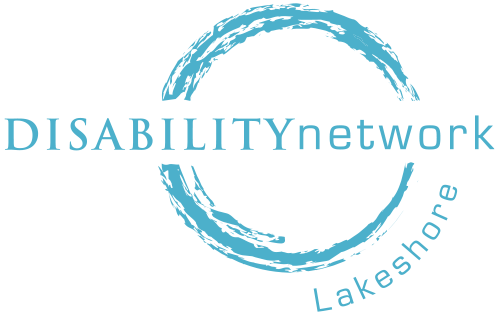Close The Door!
Forty years ago, if there were a fire in your home, on average you would have 17 minutes to get outside. Times have changed. Because we are using more synthetic materials in our furnishings, fires burn faster and hotter than in the past. Now, on average you have 3 minutes to get out. That’s not very long when your life depends on it. It’s also not a very long time if you have a disability or care for someone who is disabled.
Those same synthetic materials that make fires burn hotter also give off thick, toxic smoke, another reason you need to get out fast. Fires consumer oxygen, and it follows a flow path – the fastest route to that oxygen. For you to survive, you need to block the flow path, and the best way to do that is to shut the door between the fire and any open doors or windows. So if you are exiting a room to get out of a fire, close the door first between you and the fire, before you open the window to go out. If you can’t get out, push your head and torso outside so you can get air that is as fresh and smoke-free as possible, and so firemen can see you when they arrive.
You’ll want to think about each room in your home and how you’d get out of that room was on fire. Plan two ways out. If you have to go through a window, close the door into the room first, then open the window and knock out the screen.
If you use a wheelchair, walker, or cane, how will that affect your ability to get outside? What if the route has a ramp that is blocked? Most homes with a ramp don’t have a second ramp, it’s too expensive. How would you exit the home then?
Make a plan. Practice it at least twice each year. When there is a real fire, you don’t have time to figure out problem areas. Check your smoke alarms every month to make sure the batteries are still working. Have all your heating equipment checked every fall by a professional to make sure it is in proper working order and don’t use extension cords for room heaters. When you go to bed at night, remember to close the bedroom door. A closed door stops the fire from following the flow path into your bedroom and may save your life!
Fires can kill. Make a plan and don’t become a victim. If you’re disabled, you need a plan more than ever! If you’d like help creating an emergency plan for your home and you are disabled, Disability Network/Lakeshore is here for you. Call us at 616-396-5326 or contact chris@dnlakeshore.org to schedule an appointment.

